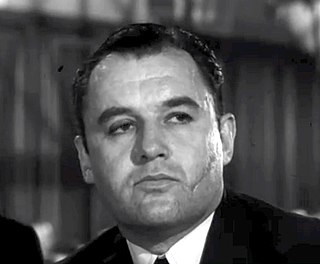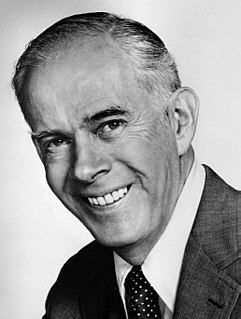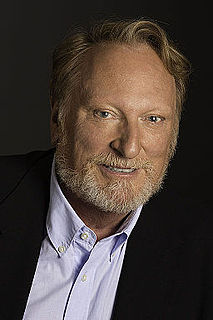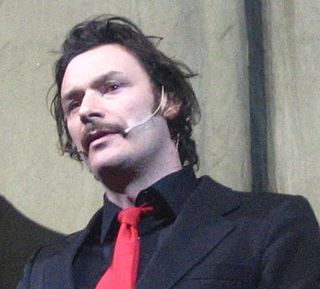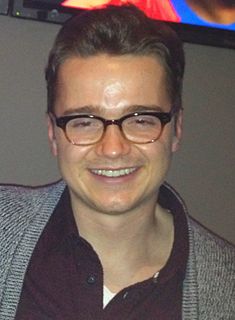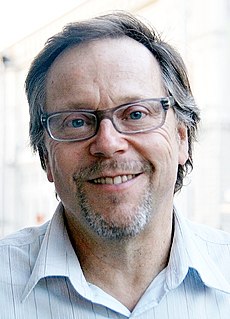A Quote by Bretman Rock
Related Quotes
The difference between an amateur and a professional photographer is that the amateur thinks the camera does the work. And they treat the camera with a certain amount of reverence. It is all about the kind of lens you choose, the kind of film stock you use… exactly the sort of perfection of the camera. Whereas, the professional the real professional – treats the camera with unutterable disdain. They pick up the camera and sling it aside. Because they know it’s the eye and the brain that count, not the mechanism that gets between them and the subject that counts.
The weird thing with 'Kismet' is that Vincente Minnelli didn't know what to do with a Cinemascope camera for that film - so he never moved it! It's like in the old days when sound first came in and was so complicated that the camera just sat there. There are hardly any close-ups in 'Kismet,' so everything's at a bit of a distance.
We did some camera tests blacking it out, we made a prosthetic with a gap in it, but that made me look like a donkey, so I vetoed that right away. And then I just finally called my dentist and said, 'You know, I've had this implant for 20 years. What's it involve in taking it out?' And he said, 'It's actually not that big a deal. We can do that.' So we took it out and I was toothless for three months, for the run of the movie [ The Hangover] .I take my job very seriously.






